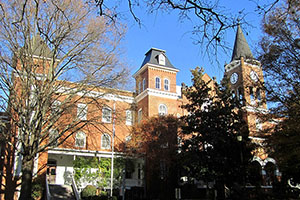Mount Holyoke College
Main image

Short History
Chemist and educator Mary Lyon founded Mount Holyoke College (then called Mount Holyoke Female Seminary) in 1837, nearly a century before women gained the right to vote. As the first of the Seven Sisters—the female equivalent of the once predominantly male Ivy League—Mount Holyoke has led the way in women's education.
Logo

Location
Points of pride
Mount Holyoke College’s exploratory education and collaborative community empower students to extend their knowledge and expand possibilities for themselves, their communities and the world. As a women’s college that is gender-diverse, Mount Holyoke inspires students to break through barriers and make change for all. With a vibrant campus in South Hadley, Massachusetts, Mount Holyoke is home to 2200 students, who connect with over 180 years of tradition while shaping our shared future.
Thumbnail

Degree type
Website
Athletics
Settings
Affiliation
Class Options
Areas of Study
Graduate Programs
Visit
Apply
Net Price Calculator
Facebook Page URL
Twitter Username
Barnard College
Main image

Short History
When it was founded in 1889, Barnard was one of very few American colleges where women could receive the same rigorous and challenging education available to men. The College was named after Frederick A.P. Barnard, then the 10th president of Columbia University, who fought unsuccessfully to admit women to Columbia. Today, Barnard is one of the most selective academic institutions in the country and remains devoted to empowering extraordinary women to become even more exceptional.
Logo
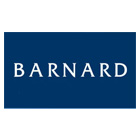
Location
Points of pride
Barnard College provides a singular educational experience, as a world-renowned college focused on excellence across the arts and sciences, with all the academic resources of Columbia University and the City of New York as an extended classroom.
Thumbnail
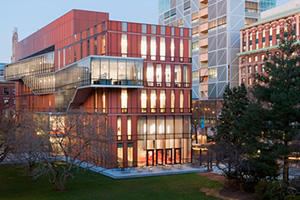
Degree type
Website
Athletics
Settings
Affiliation
Class Options
Areas of Study
Visit
Apply
Net Price Calculator
Facebook Page URL
Twitter Username
Search tags
Bryn Mawr College
Main image

Short History
When Bryn Mawr College opened its doors in 1885, it offered women a more ambitious academic program than any previously available to them in the United States. Other women's colleges existed, but Bryn Mawr was the first to offer graduate education through the Ph.D.—a signal of its founders' refusal to accept the limitations imposed on women's intellectual achievement at other institutions.
Logo
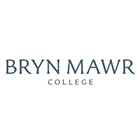
Location
Points of pride
Bryn Mawr College is a highly selective women's college right outside Philadelphia, Pennsylvania. A close-knit community of about 1,420 undergraduate students, Bryn Mawr is renowned for its academic excellence and engagement with the world.
On Bryn Mawr’s historic campus, students find challenging courses and research opportunities; strong bonds with faculty, students, and alumnae/i; and innovative programs that connect study with action. Students, faculty, and staff work together to build a community that is inclusive and welcoming. Through a holistic curriculum, the country’s oldest Self-Government Association, and a student-owned honor code, Bryn Mawr encourages original thinking.
Critical, creative, and collaborative, Bryn Mawr students and alumnae/i are agents of change and forever members of a community founded on the respect for individuals.
Thumbnail
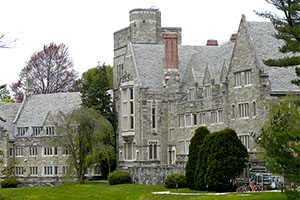
Degree type
Website
Athletics
Settings
Affiliation
Class Options
Areas of Study
Graduate Programs
Visit
Apply
Net Price Calculator
Facebook Page URL
Twitter Username
Converse College
Main image

Short History
Although the doors of Converse opened October 1, 1890, the first step towards the founding of the college was taken in 1889 when a prominent attorney assembled a group of Spartanburg citizens to discuss the project. Among the 13 men was Dexter Edgar Converse, a native of Vermont who had settled in Spartanburg before the Civil War. His contributions to the college were so valuable it was given his name.
Logo

Location
Points of pride
The Converse College commitment to creativity and the development of adaptable individuals with clear vision, wise decision and just action is guided by seven core values: excellence, integrity, exploration, diversity, respect, community and progress.
Thumbnail
